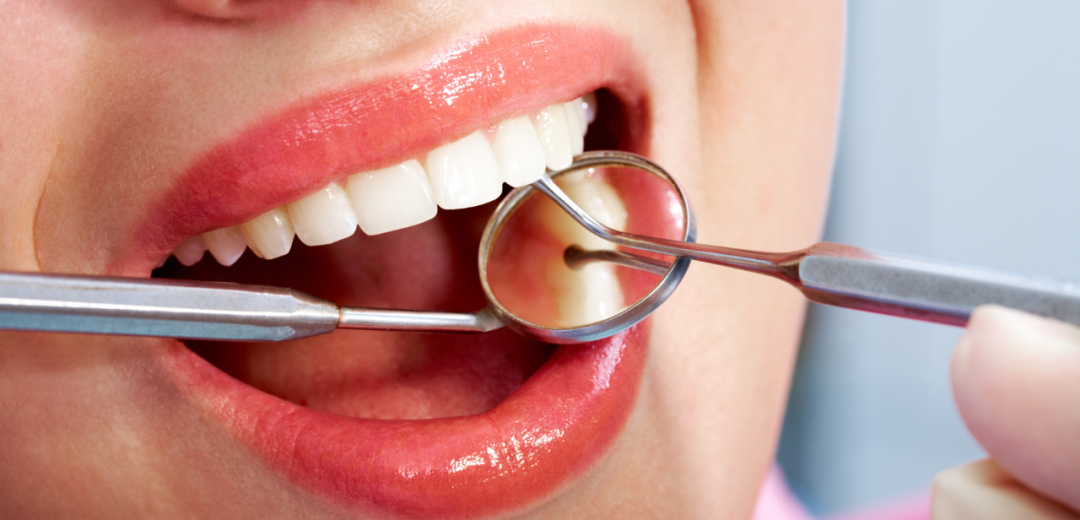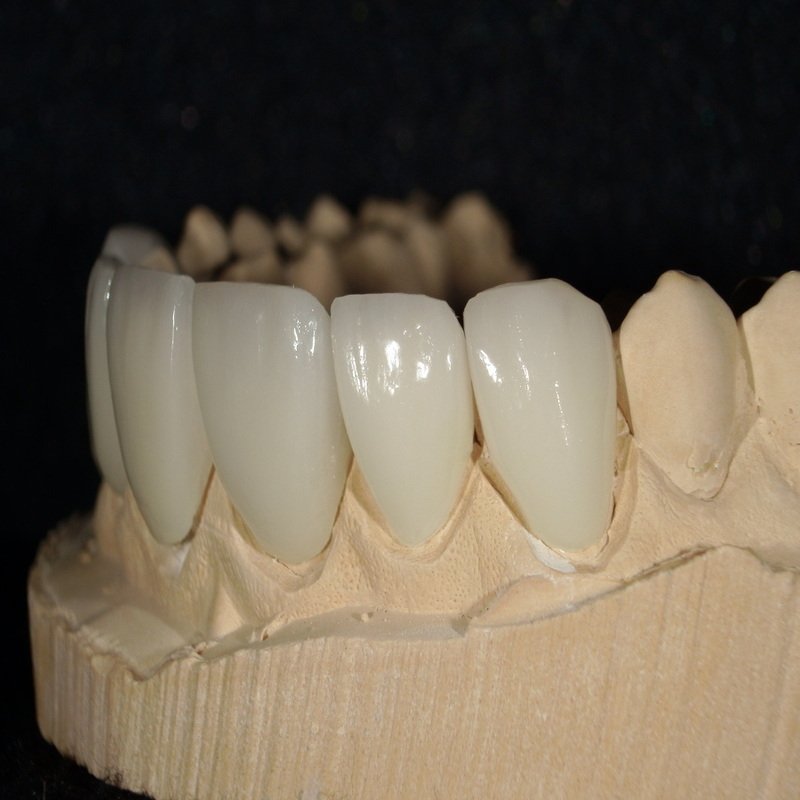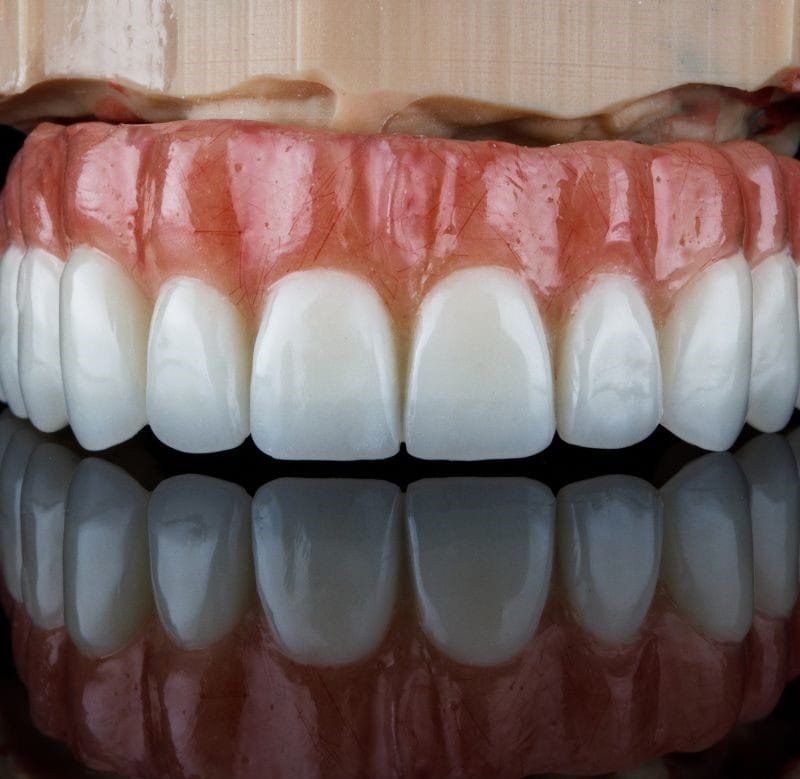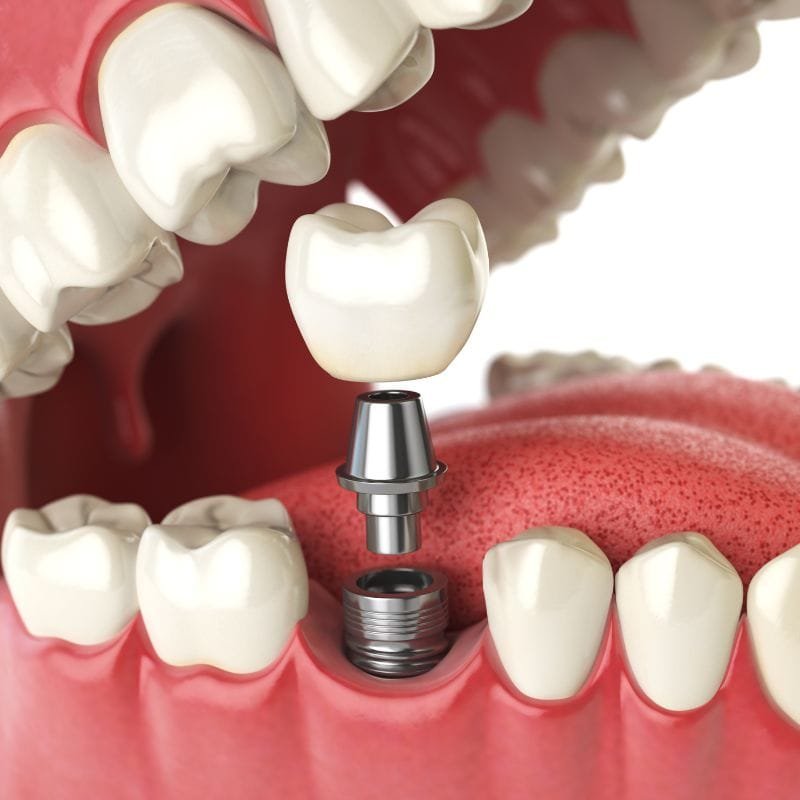Dental Care For Diabetics: Can They Have a Dental Procedure?
What is a Dental care for diabetics? Living with diabetes requires careful attention to various aspects of health, including oral health. Many people with diabetes wonder about the safety of undergoing dental procedures and how diabetes might affect dental care. This article will address common questions and concerns about dental procedures for individuals with diabetes.
Can Diabetics Go to the Dentist?
People with diabetes can and should go to the dentist regularly. Dental care is essential for everyone, regardless of their health condition. Maintaining good oral hygiene is particularly crucial for individuals with diabetes. The key is communicating your diabetes status with your dentist, which can impact how they approach your dental care. Dentists are well-equipped to handle diabetic patients, and they will tailor their treatments to ensure your safety and well-being.
How Do Dentists Deal With Diabetes Patients?
Dentists are trained to care for patients with various medical conditions, including diabetes. When you visit a dentist, they will typically ask about your medical history, including any chronic conditions such as diabetes. This information helps them understand your overall health and any potential risks. If you have diabetes, your dentist will take special precautions to ensure your dental treatments are performed safely and effectively. They might coordinate with your primary care physician to develop a comprehensive treatment plan.
Can Diabetics Get Their Teeth Cleaned?
Yes, diabetics can and should get their teeth cleaned regularly. Dental cleanings are a fundamental aspect of oral care and are especially important for individuals with diabetes. Diabetes can increase the risk of gum disease, so keeping your teeth and gums clean is crucial. Regular dental cleanings help remove plaque and tartar buildup, reducing the risk of gum inflammation and infections. Your dentist will work with you to schedule cleanings that align with your diabetes management plan.
How to Maintain Excellent Dental Care for Diabetics
Taking dental care for diabetics of your oral health doesn’t have to be complicated. Follow these tips to keep your teeth and gums healthy.
1. Control Your Blood Sugar
Managing your blood sugar levels is the most important step. Consistently high sugar levels worsen oral health issues.
2. Brush and Floss Daily
Brush your teeth twice daily using fluoride toothpaste. Floss at least once a day to remove plaque between your teeth.
3. Use Mouthwash
Choose an antimicrobial mouthwash to reduce bacteria. Avoid mouthwashes with alcohol, which can worsen dry mouth.
4. Stay Hydrated
Drink plenty of water throughout the day to combat dry mouth. Chewing sugar-free gum can also stimulate saliva production.
Should I Tell My Dentist I Am Diabetic?
Informing your dentist about your diabetes is essential. Your dentist needs to have a comprehensive understanding of your health status to provide the best possible care. Diabetes can influence the choice of dental treatments, medications used, and even the timing of procedures. By disclosing your diabetes, you empower your dentist to make informed decisions, prioritizing your safety and oral health. Remember it’s important to dental care for diabetics.
Do Diabetics Need Antibiotics for Dental Work?
Sometimes, people with diabetes might require antibiotics before specific dental procedures. This is because diabetes can affect the body’s ability to fight infections. Antibiotics might be recommended as a preventive measure to reduce the risk of infection following dental treatments. However, the need for antibiotics varies based on the individual’s health status and the type of procedure. Your dentist will assess your situation and recommend antibiotics if necessary.
FAQs About Dental Care for Diabetics
How often should diabetics visit the dentist?
At least every 6 months a year or more if recommended.
What treatment are safe for diabetics?
One of them is teeth whitening, but check with your dentist first to make sure it is safe for your gums.
Can dry mouth be treated?
Yes. Drinking water, using saliva substitutes, and avoiding caffeine can help.
Why Do Dentists Ask for Diabetes?
Dentists ask about diabetes and other medical conditions to provide comprehensive and safe care. Your overall health can impact your oral health, and certain conditions, like diabetes, require specific considerations. Dentists can tailor their treatments to address potential risks or complications by understanding your medical history. This ensures that your dental experience is comfortable and practical.
Finally, if you wnat to learn more ways to your dental care, find out in next post with more 5 five tips for your right dental care .



